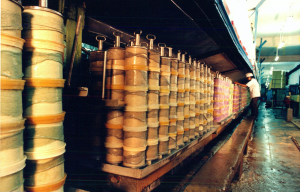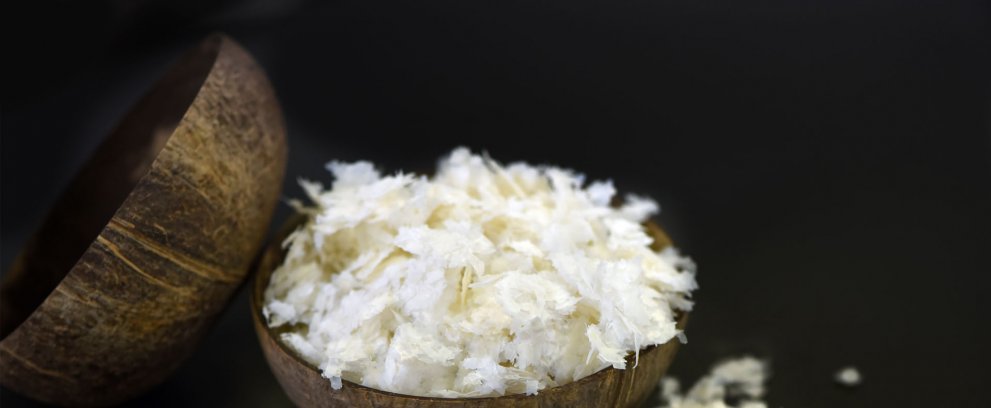
Collaborators file joint patent for ‘tree free’ high tenacity lyocell
Pilot plant run demonstrates potential for commercial production using existing industrial equipment.

9th March 2022
Innovation in Textiles
|
Mumbai, India
Birla Cellulose, the pulp and fibre business of Grasim Industries, has successfully completed the first pilot scale spinning of eco-friendly lyocell fibres containing 20% Nullarbor microbial cellulose, developed by Nanollose, of Nedlands near Perth in Australia.
The first 250kg batch of the fibre marks a significant milestone in Birla’s strategy for commercialising the technology, which is based on a sustainable biomass produced by the fermentation of food industry waste.
The new fibres said to maintain all the superior attributes of Birla’s Excel lyocell such as comfort, strength, durability and moisture absorption, while reducing virgin wood-based pulp content.
The pilot scale trial demonstrates the potential for using existing manufacturing equipment and augurs well for potential commercialisation, paving the way to supplying fashion and textile companies with initial samples.
“Developing the state of art technology for industrial scale lyocell production and using tree-free cellulose is an exciting development in the area of next generation alternative feedstocks,” said Birla’s CTO Aspi Patel. “We are looking forward to scaling up this technology in collaboration with Nanollose.”
“The completion of our first pilot spin provides clear proof of concept of our offering at scale,” added Nanollose chairman Wayne Best. “This provides Nanollose with a strong growth foundation for the next 12 months.”
The target is to increase the scale and/or percentage of microbial cellulose in subsequent pilot spins to produce quantities of several Nullarbor fibres consisting of varied percentages mixed with other cellulosic materials.
The completion of the trial follows months of extensive work to overcome the challenges associated with scaling production from laboratory to industrial grade processing. It also required the procurement of microbial cellulose at carefully defined specifications, the establishment of quality control and optimisation procedures, experimentation with drying and purification methods, and the exchange of technical information in relation to the fibre spinning process.
In January, Birla Cellulose filed a joint patent application with Nanollose for a high tenacity lyocell fibre made from bacterial cellulose.

Business intelligence for the fibre, textiles and apparel industries: technologies, innovations, markets, investments, trade policy, sourcing, strategy...
Find out more